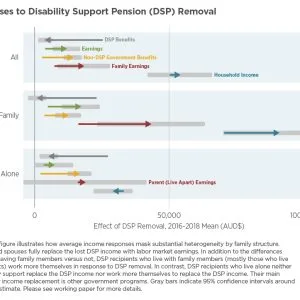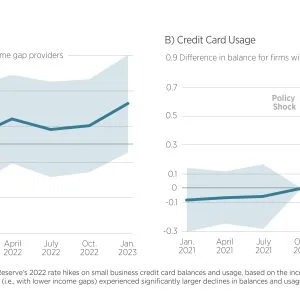- About
- Network
- Research Initiatives
- Big Data Initiative
- Chicago Experiments Initiative
- Health Economics Initiative
- Industrial Organization Initiative
- International Economics and Economic Geography Initiative
- Macroeconomic Research Initiative
- Political Economics Initiative
- Price Theory Initiative
- Public Economics Initiative
- Ronzetti Initiative for the Study of Labor Markets
- Socioeconomic Inequalities Initiative
- Research Initiatives
- Scholars
- Research
- Separation of Church and State Curricula? Examining Public and Religious Private School TextbooksAnjali Adukia and Emileigh HarrisonThe Global Persistence of Work from HomeCevat Giray Aksoy, Jose Maria Barrero, Nicholas Bloom, Steven J. Davis, Mathias Dolls, and Pablo Zarate
- Insights
Videos
BFI Youtube Channel
- Events
Upcoming Events
- News









